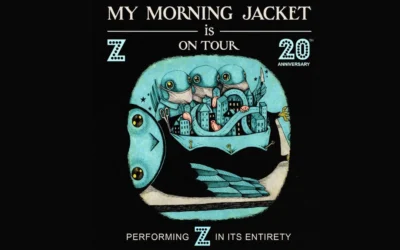Texas-based technology company Ceats, Inc. has filed lawsuits against a plethora of ticketing companies and airlines this year in an attempt to protect what it says are multiple patents it owns on mapping and ticket sale solutions, but the company’s long list of legal problems could affect its case.
On its Web site, Ceats, which is an acronym for CyberSeats for Entertainment Arts Travel Sports, lists at least 13 patents for various ticketing technologies, awarded by the U.S. Patent and Trademark Office (USPTO), such as an “Individual Seat Selection Ticketing and Reservation System,” “System & Method of Selecting & Reserving Sets of Seats,” “System and method for selecting and reserving seats using a touch screen device,” and “System & Method for Maintaining Coherency of Data Entries.”
Ceats claims that way the airlines and ticketing companies sell tickets online violates its patents, and it is seeking millions of dollars in alleged damages as a result. Among the airlines being sued are Continental, JetBlue, United and AirTran, while the ticketing companies named in the case include Live Nation and its Ticketmaster division, Tickets.com and TicketNetwork.
In addition to damages, the lawsuit could dramatically affect event ticket prices because if Ceats prevails, the company could demand royalties on tickets sold where its mapping technology is used.
The five patents Ceats is suing over were all awarded to the company by USPTO between November 18, 2008, and February 16, 2010.
The lawsuit, filed in U.S District Court in Eastern Texas, states, in part, that the companies allegedly infringed on Ceats’ patents “by making, importing, offering to sell, selling, causing to be supplied, using, and/or causing to be used systems and methods that embody or practice the inventions claimed [by the patent]” and that such “systems and methods include certain seat selection ticketing and reservation systems and methods since November 18, 2008, including their respective websites.”
Under one of the company’s three patent listings for “Individual Seat Selection Ticketing and Reservation System,” for example, the USPTO describes it this way:
This invention relates to an electronic means by which people can select the exact seat or seats they want for any type of event or reserve an appointment for any activity. More specifically, a customer or a ticket re-seller or a venue operator can go, for example, to the internet and select the event or activity for which he wants a ticket or tickets or reserve a time and reserve and order the exact seat or seats or the time of his choosing directly online. The seat or seats or reserved time he selects is then removed from the inventory for that activity or event and made not available for any other buyer and such is so indicated by a graphical representation or other such indicator on the online map or picture representing availability of seating or time for that event.
Yet, despite the patent claims, Ceats is a bit of a mystery, and its founder, Milford Skane, has a long trail of legal issues in his wake.
The company currently does not appear to have any clients, and one that it once claimed was a client, Tickets.com, “does not have a relationship” with it, according to Doug Lyons, vice president of Product Strategy for Tickets.com.
“CEATS’ deploys its technology and believes that its patents are a definitive marker of the extensive work, & resources CEATS has put into its innovations. CEATS welcomes discussions with potential licensees & believes that Company rights are best preserved through visibility into its focus & direction,” the company states on its Web site. The company lists only Skane and attorney and co-founder Phillip G. Trad as the management team. Skane is named as founder, chairman and chief technology officer, while Trad is named as founder, CEO and president.
Information about Ceats is scarce, but internet searches under the company and its previous incarnation, MS Intergate, turn up several postings on the Web site RipoffReport.com that Skane and company allegedly bilked previous investors. The company offers a full-throated denial of all of the allegations made on the site.
Court records also name Skane in dozens of lawsuits and legal proceedings since the late 1970s, with many of them being tax liens placed against him, totaling tens of thousands of dollars, by various companies. Many of these cases have since been settled or otherwise adjudicated, but the sheer number of filings raises questions about Skane and his business practices.
TicketNews tried to reach Skane by calling the company’s Tyler, TX, office, but a person who answered the phone — who declined to identify themselves but said they were a spokesperson for the company — said neither Skane nor the company would answer any questions and hung up. Ceats’ attorneys McDermott Will & Emery LLC also did not respond to a message seeking comment.
TicketNetwork is the parent company of TicketNews.



